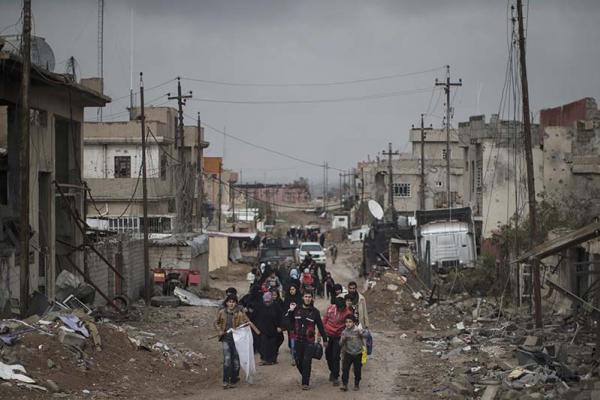Oct 6, 2017
There are two actions the president should take now to stop bureaucrats from obstructing assistance to genocide survivors whose very existence as a people teeters on a precipice.
Read the Full Article

Already a subscriber? Login
